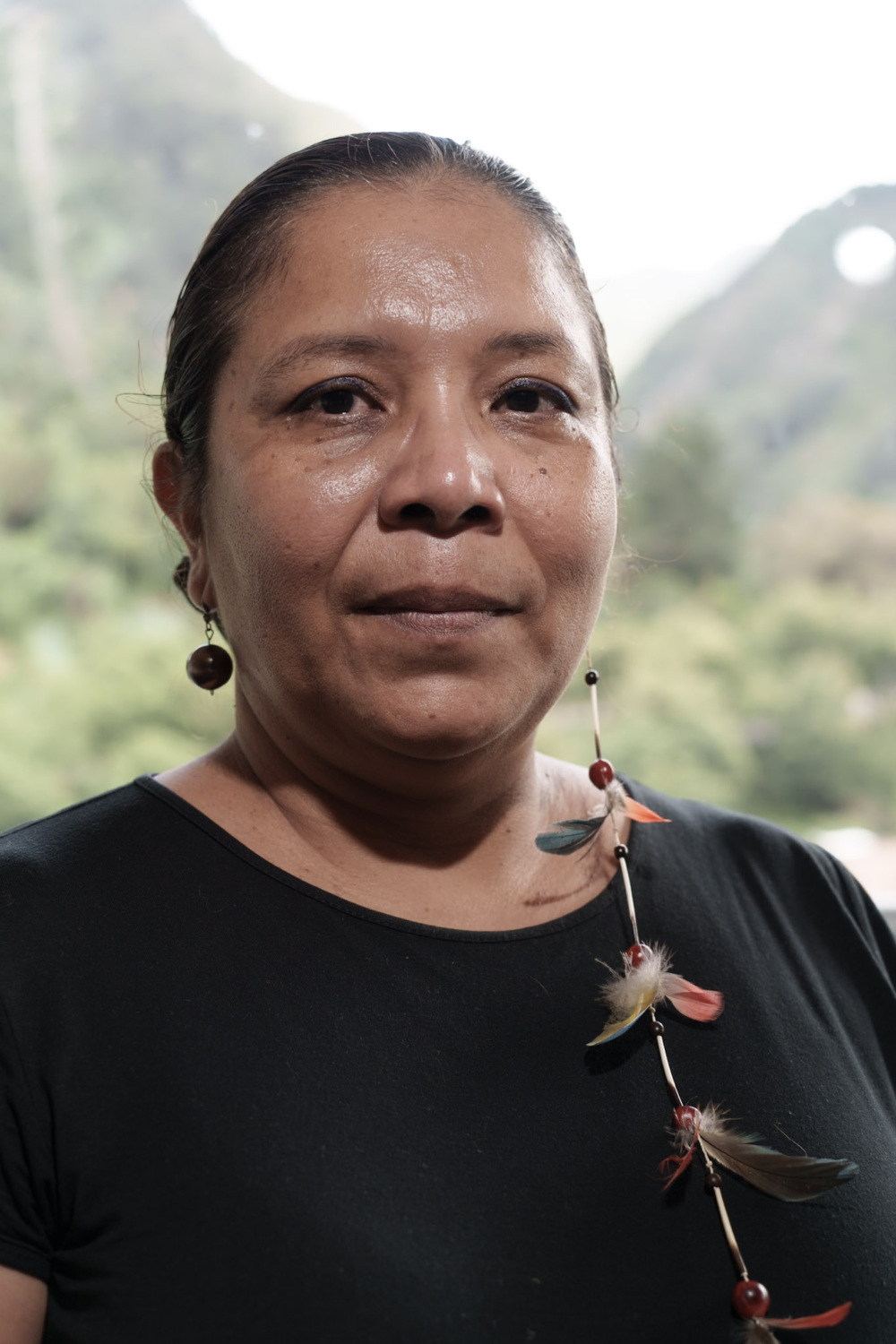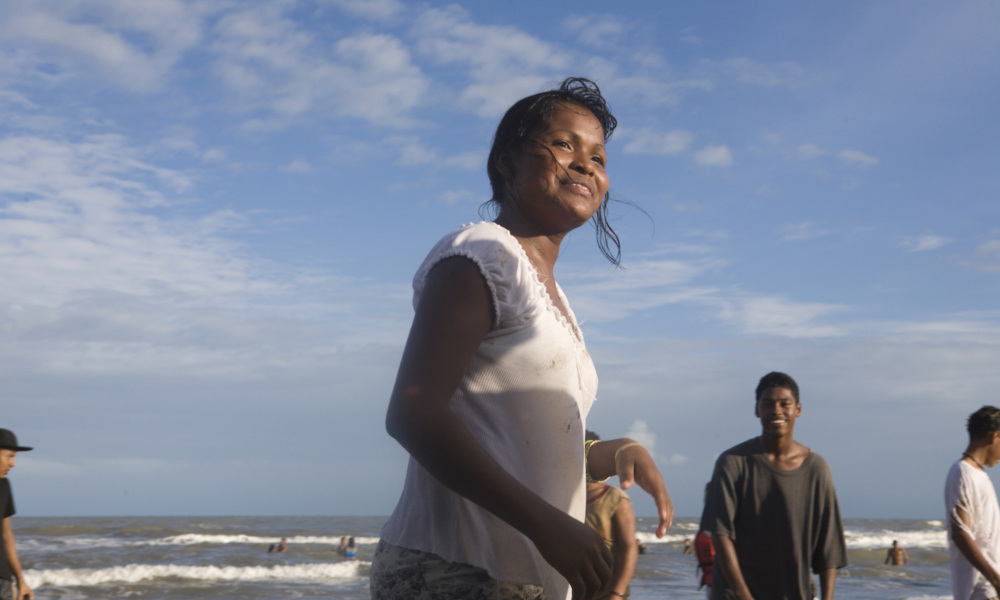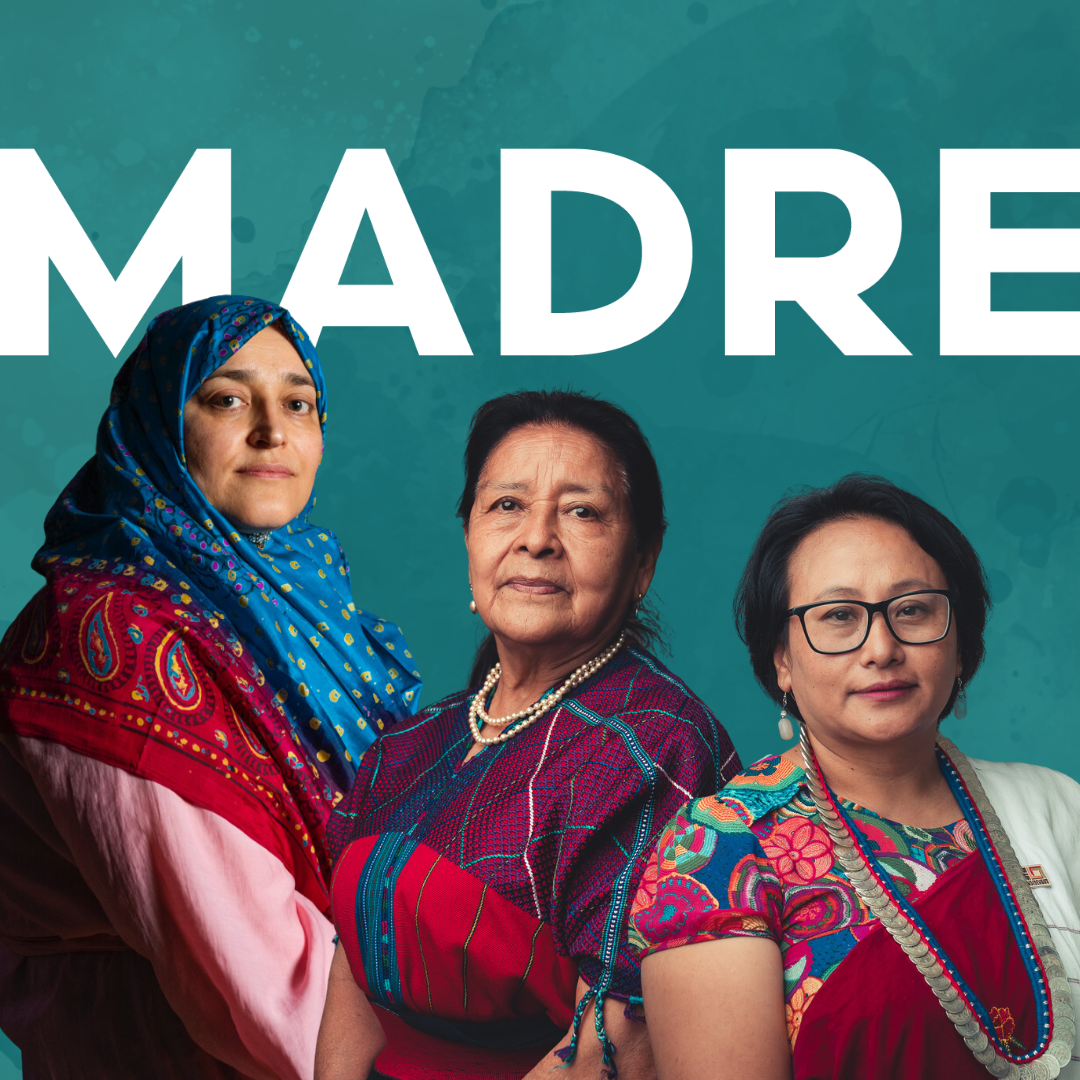Gender Persecution Observatory
Targeted violence against women, girls, and LGBTQIA+ people of all genders is rarely documented when it happens. As a result, these acts are often excluded from consideration by international and domestic trials and perpetrators are almost never held accountable.
Human rights defenders around the world are working to end gender persecution, the systematic violations of fundamental rights on the basis of gender. Today MADRE and CUNY Law’s Human Rights and Gender Justice Clinic are launching a new tool to bolster their efforts.
The new Gender Persecution Observatory is a web-based research hub providing real-time information about gender persecution in conflict. The Observatory, chaired by CUNY Law Professor Lisa Davis, launches with detailed case data of violence against women, girls, and LGBTQIA+ people of all genders in wars in Afghanistan, Ukraine, Colombia, and Iraq. It also contains detailed conflict analyses on gender persecution in wars spanning more than a dozen countries as far back as World War II. In the future, it will be continually expanded by legal experts and frontline groups.
The Gender Persecution Observatory launches at a turning point for how the world treats gender-based violence in conflict. The crime of “gender persecution” was codified as a crime against humanity a quarter century ago, but it is only this year that the International Criminal Court (ICC) issued its first verdict in a gender persecution case.
In 2022, the ICC prosecutor’s office issued a sweeping “Policy on the Crime of Gender Persecution,” and it is now working on developing Principles on the Crime of Gender Persecution to guide governments, human rights bodies, judicial actors, and humanitarian rights groups to help prevent this crime against humanity and respond appropriately when it does occur.
Major gender persecution cases could soon emerge from countries where the ICC has open investigations, especially Afghanistan. Recent rulings from Colombia’s transitional justice mechanism, the Special Jurisdiction for the Peace, are also establishing new benchmarks for addressing gender-based violence in conflict.
The Gender Persecution Observatory can be accessed here. The launch of the Gender Persecution Observatory marks a pivotal moment in the global effort to combat gender-based violence in conflict zones, providing an essential tool for accountability and justice that has the potential to transform how these crimes are documented, prosecuted, and ultimately prevented.



